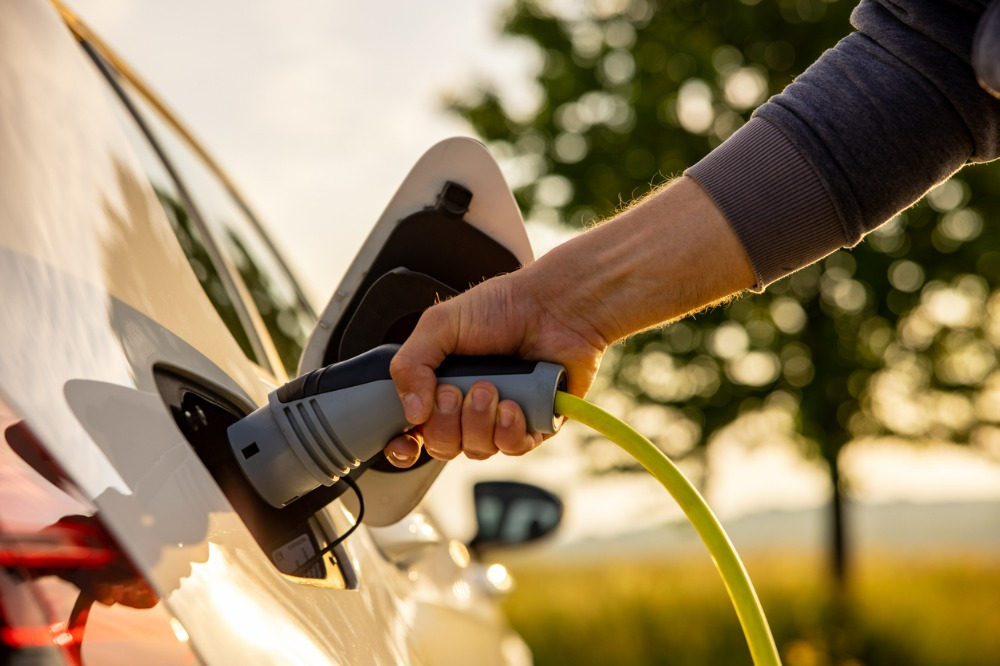Insurers call for improved access to EV battery data and repairs

Unless car manufacturers produce more easily repairable battery packs and provide third-party access to battery cell data, insurers and industry experts argued that premiums will continue to increase as EVs become more popular and a growing number of low-mileage cars get scrapped after collisions.
“The number of cases is going to increase, so the handling of batteries is a crucial point,” Christoph Lauterwasser, managing director of the Allianz Center for Technology, told Reuters.
Lauterwasser added that EV battery production emits far more CO2 than fossil-fuel models, which means that EVs must be driven for thousands of miles before those emissions can be offset.
“If you throw away the vehicle at an early stage, you’ve lost pretty much all advantage in terms of CO2 emissions,” he said.
Tesla has been a particular focus of concern, with the company making battery packs “structural” or part of the car’s body.
This decision has helped with cutting back production costs, the Reuters report noted, but it pushes extra costs toward insurers and consumers.
Although the carmaker has not acknowledged any issues with insurers writing off its cars, Tesla CEO Elon Musk recently said that premiums from third-party insurance companies were “unreasonably high” in some cases.
Meanwhile, other manufacturers have said their EV battery packs are repairable, but few seemed willing to share access to battery data.
Ford, for example, said it has simplified its battery module repair process and developed an easy way to replace the battery pack tray if the outside is damaged.
Nissan said it allows individual modules in its EVs to be replaced but did not answer questions about third-party access to battery data.
Both Renault and Stellanis were similarly tight-lipped about battery data access.
However, Renault did confirm that it offers repairs at designated battery centres, while Stellanis said that it does not repair batteries after accidents where air bags were deployed.
General Motors was the only one that said it allows third-party access to battery data. It also designed its new Ultium batteries to be repaired at the module level, claiming that this is significantly less expensive than replacing the entire pack.
What are your thoughts on this story? Feel free to comment below.





